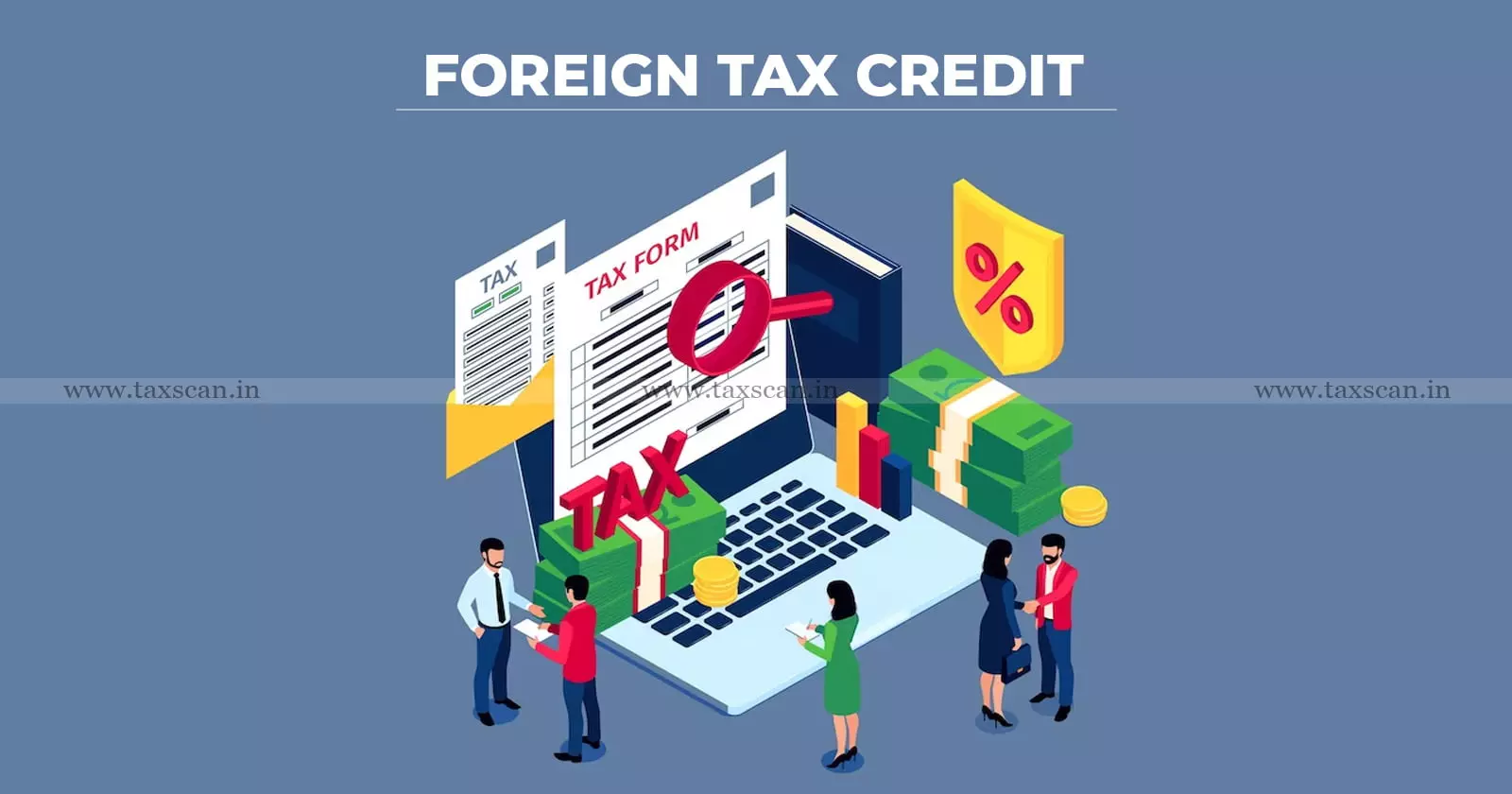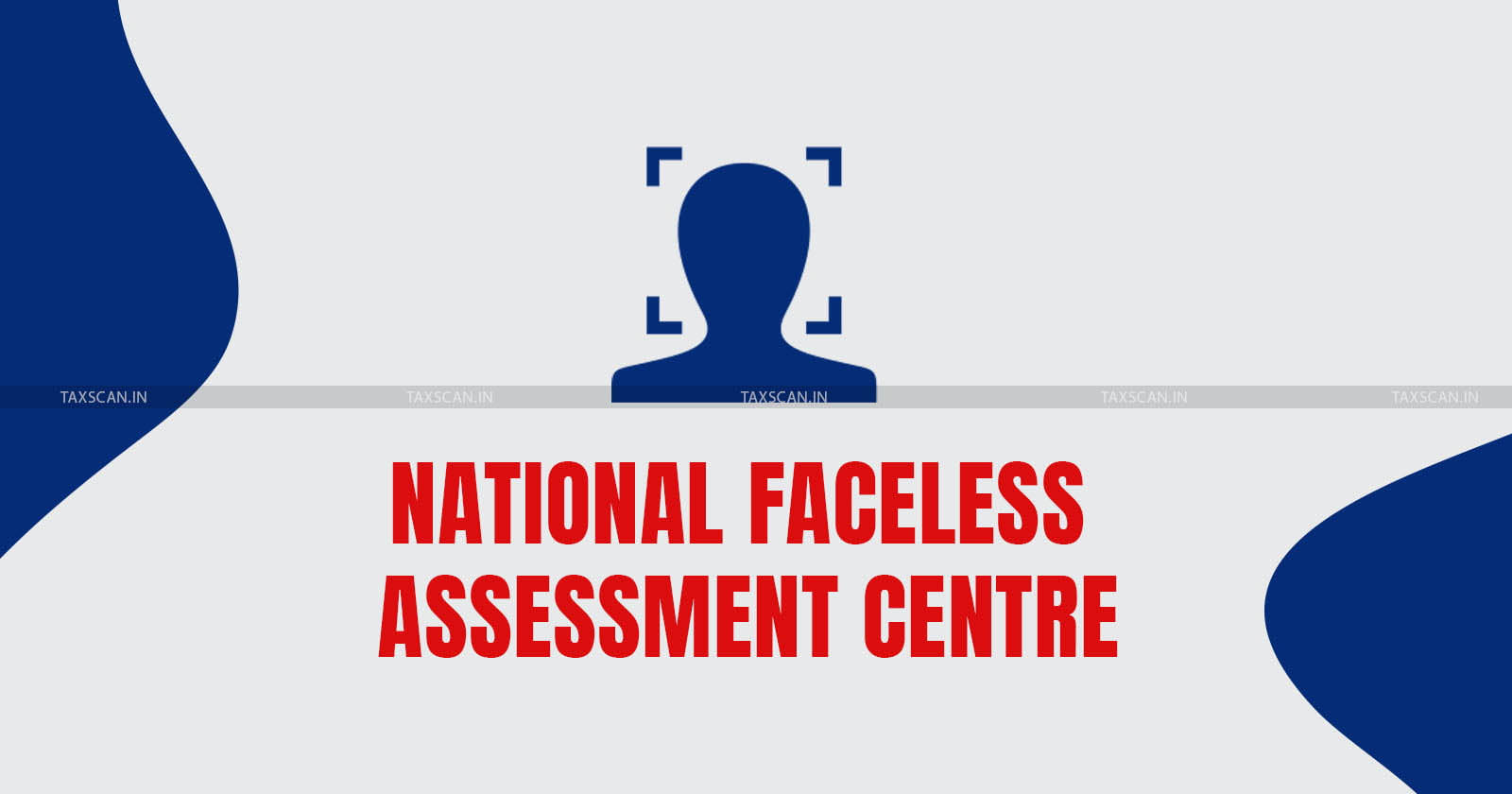Delay In Filing of Form 67 Led to FTC Denial: Madras HC Allows Appeal Against Intimation with Delay Condonation
Since the revision petition under Section 264 was not maintainable, the Court directed the petitioner to file a proper appeal before the appellate authority within 30 days

The High Court of Madras, allowed appeal against the Section 143(1) intimation of Income Tax Act,1961, with delay condonation after noting that the petitioner had delayed in filing Form 67, required to claim Foreign Tax Credit (FTC ), due to an inadvertent error
Rajalingam Nagarathinam, petitioner-assessee, was employed during the financial year 2023-2024 partly in India and partly in the Netherlands, earning salary income in both countries. Although he filed his income tax return, he failed to submit Form 67 under Rule 128 of the Income Tax Rules, 1962, which is necessary for claiming FTC). Consequently, the intimation issued under Section 143(1) on 05.07.2022 disallowed FTC and raised a tax demand of ₹1,05,030.
The petitioner contended that the omission to file Form 67 was a clerical oversight and claimed he was otherwise eligible for a refund of ₹20,000. He filed a rectification application under Section 154 on 06.07.2022, which was rejected by the Assessing Officer (AO) on 09.09.2022. Aggrieved, he invoked the revisional jurisdiction under Section 264, challenging the rejection order.
However, the revisional authority noted that the petitioner had effectively challenged the intimation under Section 143(1), not the rectification order. The application under Section 264 was held to be not maintainable, as revision against an intimation is not permissible, following the Supreme Court ruling in ACIT v. Rajesh Jhaveri Stock Brokers Pvt. Ltd. (2008) 14 SCC 208, which clarified that such intimation is not an assessment order.
Further, the petition was hit by the bar under Section 264(4)(a) of the Act, since the remedy of appeal was available and had not been waived. The revisional authority thus rightly declined to interfere.
 Also Read:Denial of Hearing Despite Prior Direction of Coordinate Bench: Calcutta HC Sets Aside Income Tax Order, Remands Matter to NFAC [Read Order]
Also Read:Denial of Hearing Despite Prior Direction of Coordinate Bench: Calcutta HC Sets Aside Income Tax Order, Remands Matter to NFAC [Read Order]
The Court noted that the petitioner had mistakenly pursued revision, and since there appeared to be a genuine error in not filing Form 67, the delay in filing an appeal could be condoned under Section 249(3). Applying Section 14 of the Limitation Act, the Court allowed the time spent on the revision to be considered for condonation.
The writ petition was disposed of with a direction to file an appeal before the appellate Commissioner within 30 days. The appellate authority was directed to consider and decide the appeal on its merits.
Support our journalism by subscribing to Taxscan premium. Follow us on Telegram for quick updates


